Andy Murray column: Centre Court adrenaline & stacking the dishwasher
- Published
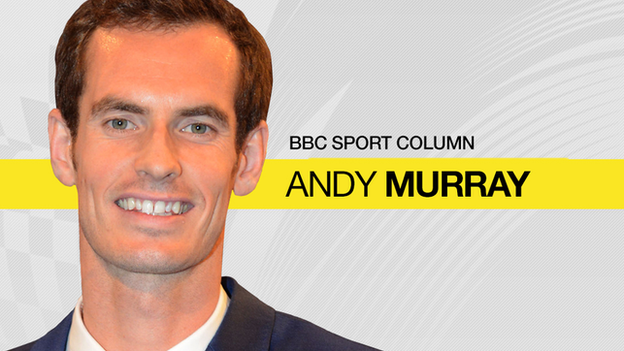
Wimbledon on the BBC |
|---|
Venue: All England Club Dates: 27 June-10 July |
Live: Coverage across BBC TV, BBC Radio and BBC Sport website with further coverage on Red Button, Connected TVs and app. Click for more details |
Big matches against the best players turn on fleeting chances, and if you want to win Wimbledon, you have to relish those moments.
Adrenaline will kick in, and that's a good thing - it helps you concentrate harder, move quicker and react faster.
When you're feeling good out on court, it's as though you're not going to miss and the other guy is going to have to find something special. That's what the best players do; they make you play those extra balls.
I like those moments, they help me focus better.
I was behind against Milos Raonic in the Queen's Club final last month but once I got back into the match, I didn't feel like I was going to give him any mistakes.
It was similar at the end of the first set on Monday against Nick Kyrgios. He played a couple of great points on the first two set points but then on the third one I managed to just nick it. I got enough balls back in play to get it done.
When nothing's really going on in the match, like in the middle of the second set against Nick, it's much harder to concentrate than at 6-5, 0-30.
You're aware of the importance of the points, so your mind is right there in the moment.
It can be easy to rush or go for a shot that's not there when opportunities come and go so fast, and you need to make sure you can control your mind. Not everyone is able to do that, but the more you experience those situations, the more you're able to calm yourself.
I've played Jo-Wilfried Tsonga a couple of times at Wimbledon and they both came down to a few points at key moments, so let's hope the adrenaline pulls me through again on Wednesday.
Murray breezes past disappointing Kyrgios
'I stacked the dishwasher, bought petrol'
When I leave the All England Club in the evening I don't immediately switch off from tennis, I usually start thinking about the next match.
I drive myself to and from the club and on the journey home my thoughts turned straight to playing Tsonga - the Kyrgios match just isn't relevant at that moment.
When a tournament is finished I'll reflect on it as a whole and speak with my team. Right now, in the middle of the tournament, they'll say 'you did this well' or 'you did that well' or 'this could be better'. Then it's about concentrating on the next one and what we're going to do.
There is a bit of domestic life on my off days, around coming in to practice.
I went and put petrol in the car the other night because I needed to refill before the drive in. I stacked the dishwasher, that's kind of my job, and otherwise pretty much just help out with the family.
I haven't taken the bins out for the last few days, but I do my bit!
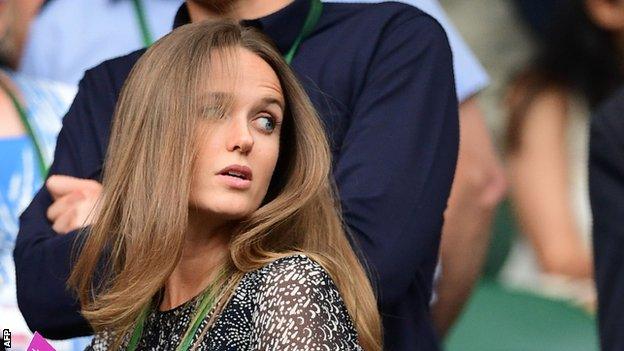
Andy Murray's wife Kim was among his supporters on Centre Court on Monday
'I know how difficult these events are to win'
When I was younger it was much more difficult to stop myself getting carried away with how I was playing or who I was playing.
When I hadn't won a Grand Slam it was like, 'This is my chance. I might do it.' And then, if it didn't happen, I was gutted.
Nowadays, I know how difficult these events are to win and I take nothing for granted any more.
I've had some of my biggest wins ever on Centre Court - but some of my toughest losses as well.
I just try and stay in the moment as best I can and hopefully I can keep doing that for the rest of the tournament, because it's served me well over the years.
Andy Murray was talking to BBC Sport's Piers Newbery.
- Published4 July 2016
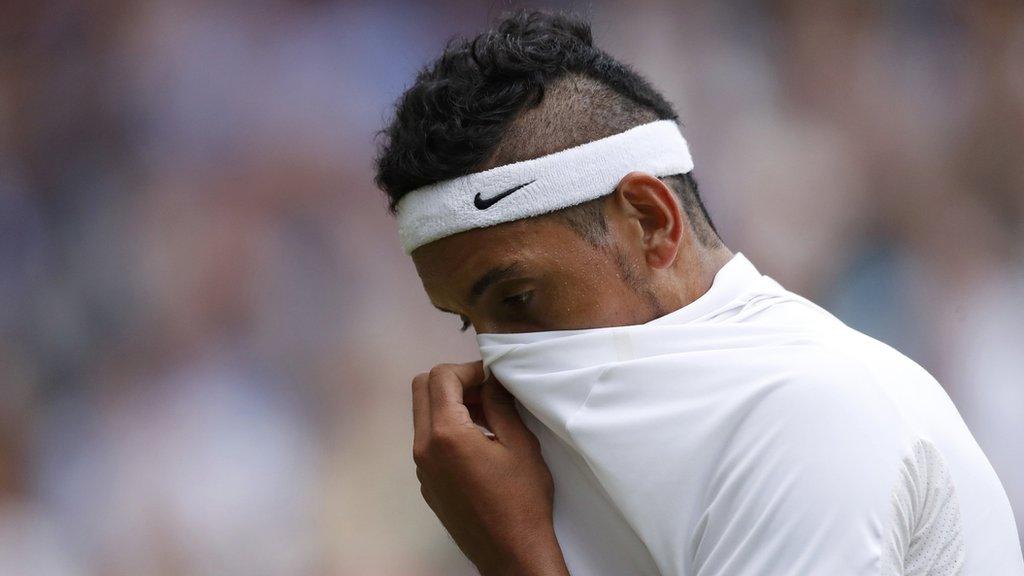
- Published4 July 2016
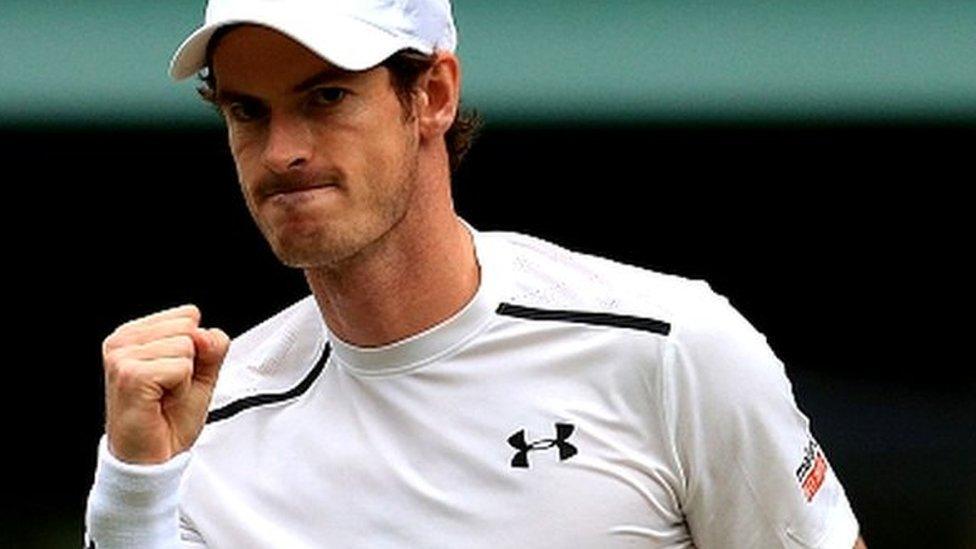
- Published3 July 2016
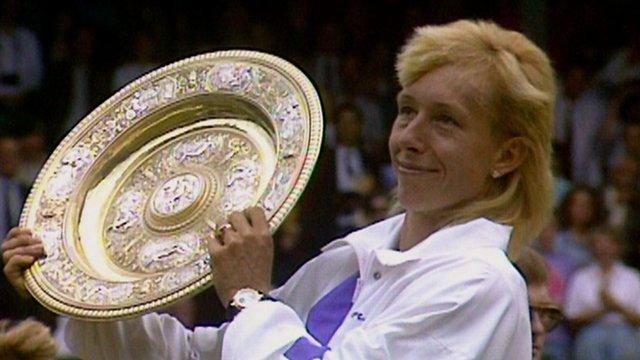
- Published4 July 2016
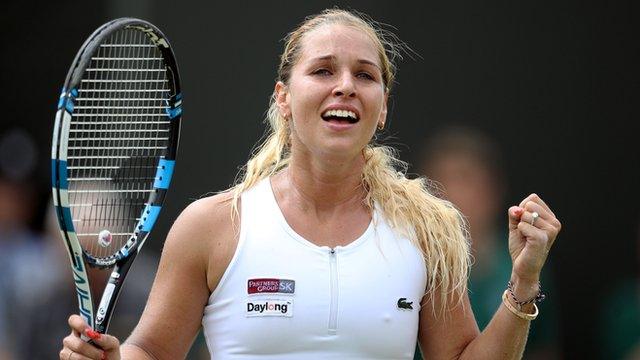
- Published4 July 2016
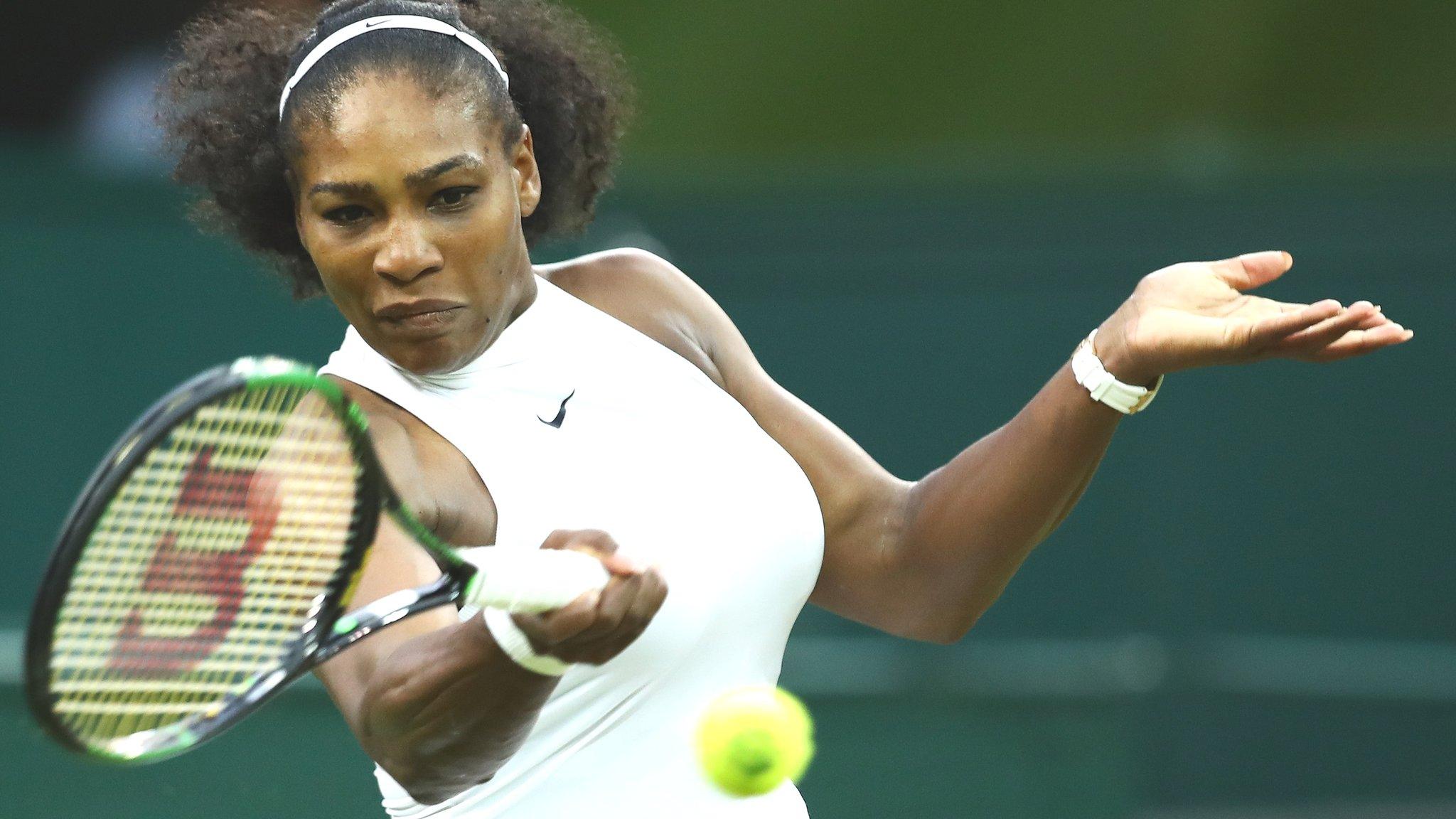
- Published4 July 2016
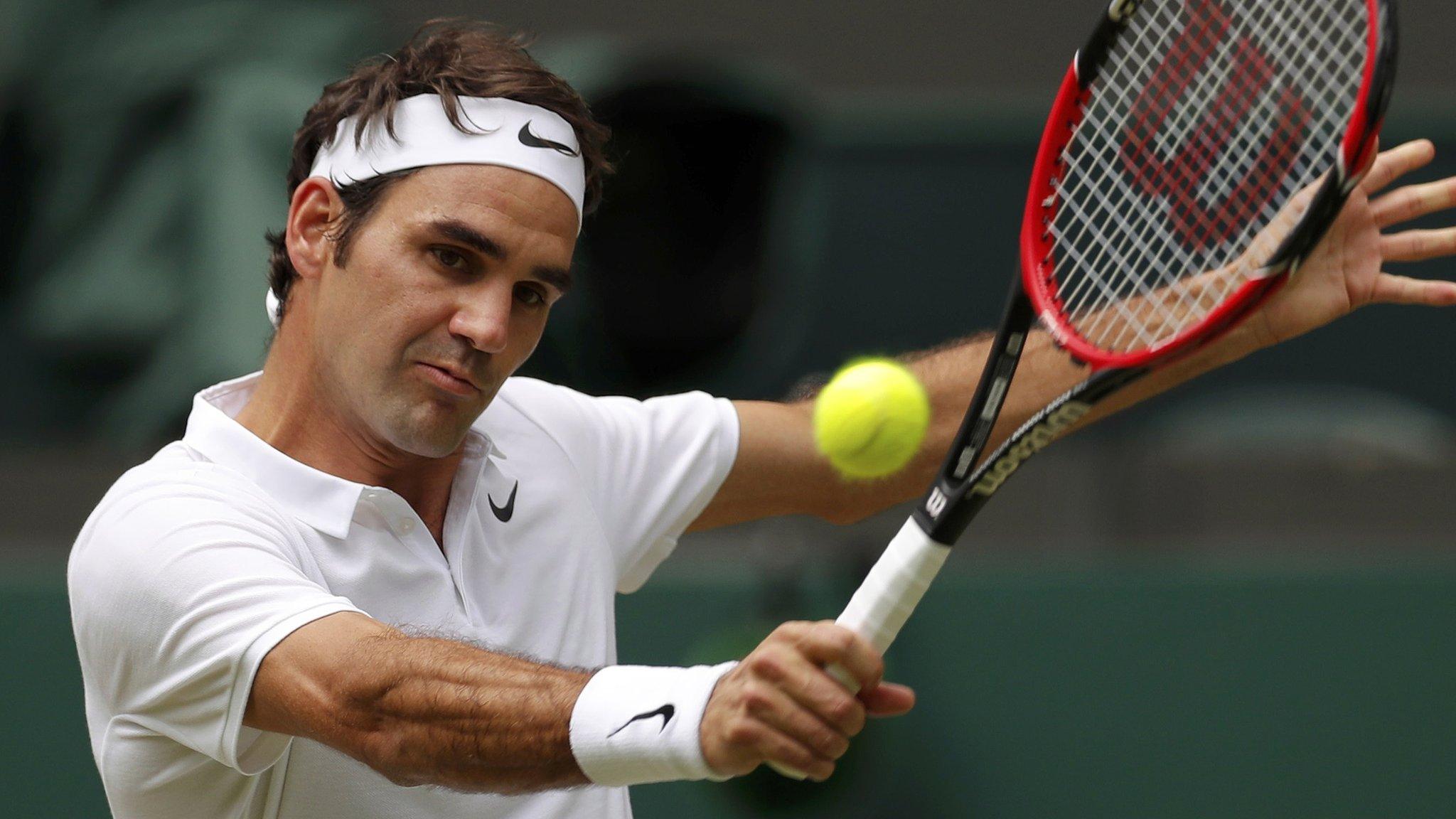
- Published8 November 2016
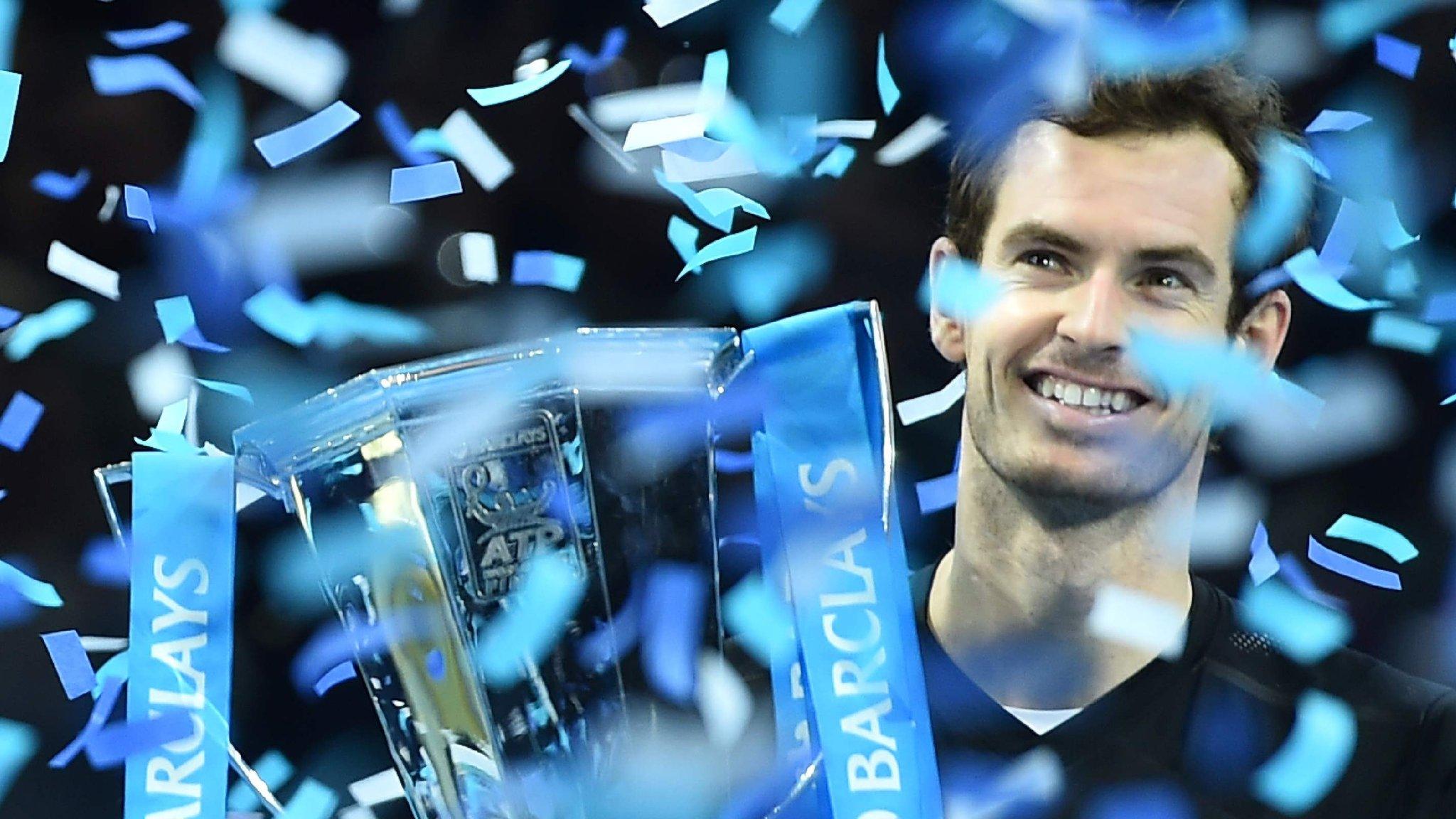
- Published9 November 2016
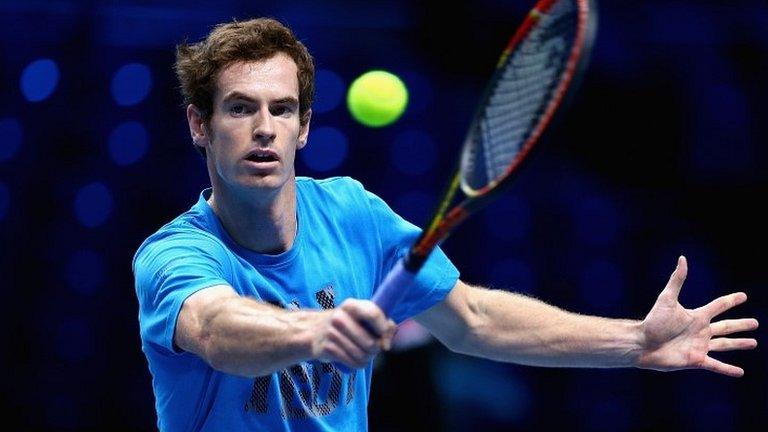
- Published17 June 2019
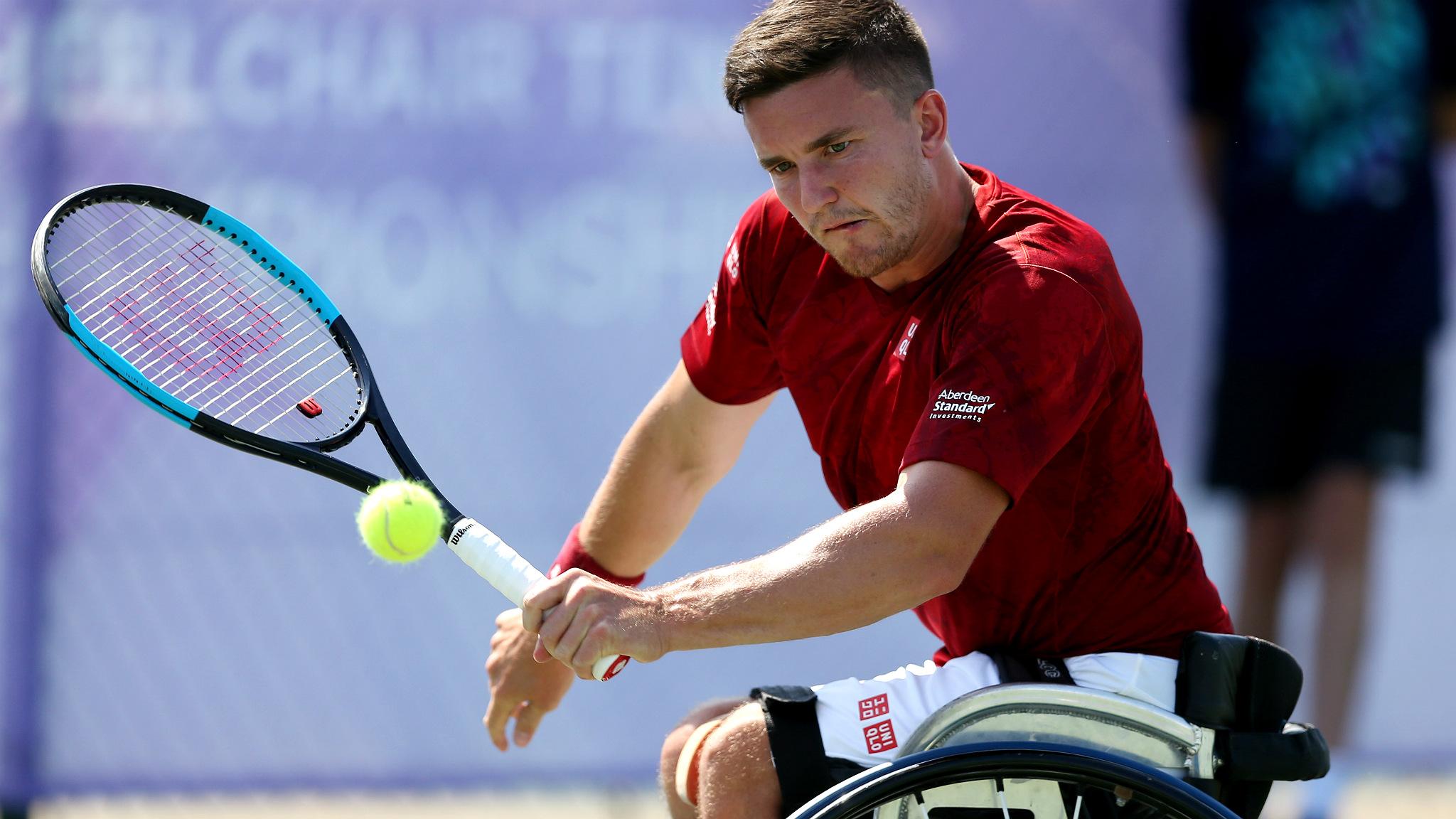
- Published13 May 2016
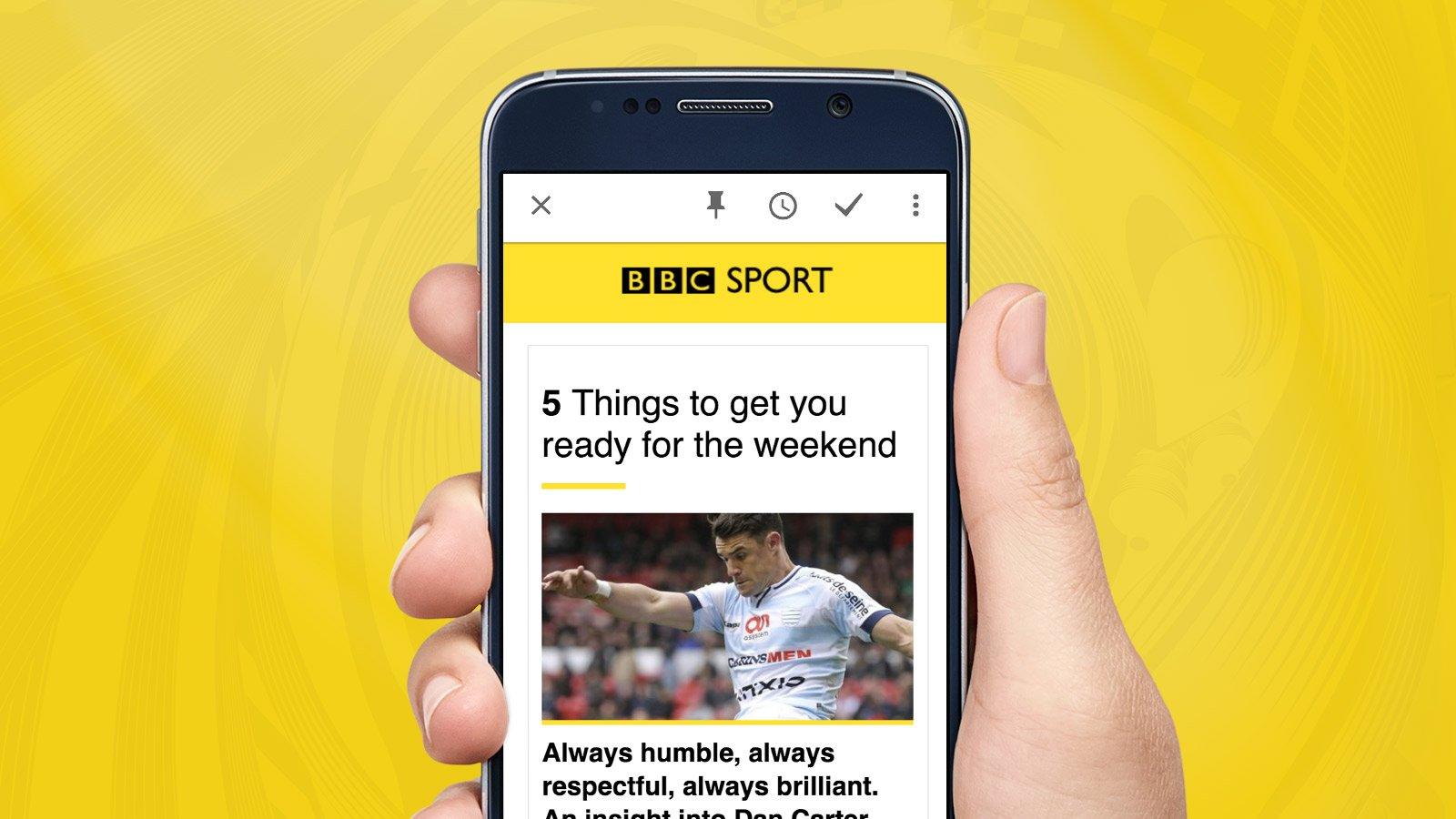
- Published19 July 2016
